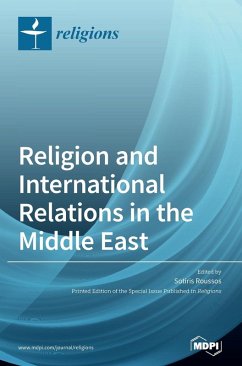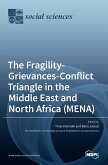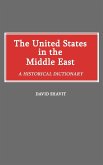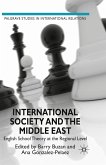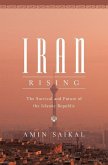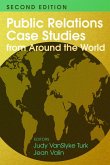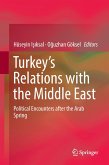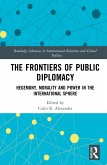The volume has a twofold purpose: first, to question main presuppositions and perceptions regarding religion and international politics in the Middle East and, second, to reflect on the role(s) of religion in the regional order. The first part deals with the contribution of religion to a post-Western turn in International Relations in the Middle East and beyond. It discusses the postsecular conceptual framework in order to expand their approaches to the analysis of the Middle East and addresses the search for religion's "suitable place" within International Relations, taking as a starting point the social changes in the world and the postulated "Mesopotamian turn" in International Relations. The second part focuses on the role of state-like non-state actors. ISIS challenged the international order because, contrary to revolutionary states in the past, it negates the foundations of the Westphalian system. At the same time, the rise of ISIS had a tremendous impact on the jihadi (sub) system. The third part studies the impact of religion on foreign and security policy (Israel, UAE, UK, and Saudi Arabia). It explores how religion has been shaping each stage of the decision-making process, the position that religion holds in perceptions of stability in the post-2011 era, and the politics of ''moderate Islam'', arguing that even though ''moderate Islam'' has been devised for creating ''soft power'', it serves ''sharp power'' as well.
Hinweis: Dieser Artikel kann nur an eine deutsche Lieferadresse ausgeliefert werden.
Hinweis: Dieser Artikel kann nur an eine deutsche Lieferadresse ausgeliefert werden.

